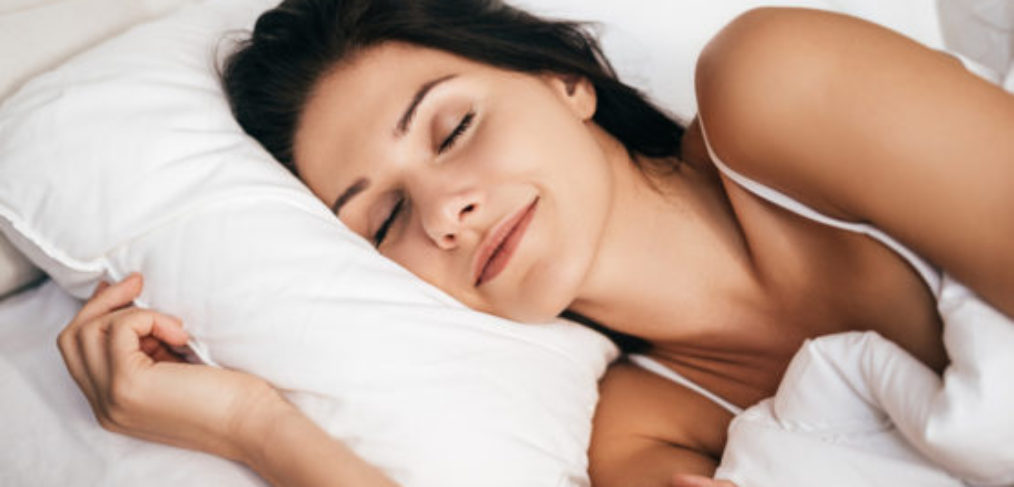How’s Your Sleep Hygiene?

Sleep awareness week is one of the nationally recognized themes I am a huge advocate of, perhaps even more so than other health issues.
Why?
Because it’s something which, despite being a fundamental part of one’s overall picture of health, is often overlooked, as if hours spent sleeping were easily interchanged for more time spent working, and without consequence.
Just how bad is it?
1 in 3 American adults are not getting enough sleep on a regular basis. Sleeping less than seven hours per day is associated with an increased risk of developing chronic conditions such as obesity, diabetes, high blood pressure, heart disease, stroke, and frequent mental distress (1).
While it’s easy to make excuses: too much work to do, kids keeping us up at night and perhaps other circumstances we have no control over, there are still things we can do to maximize the amount of sleep we do get by practicing good sleep hygiene.
No, I’m not referring to showering before bed; rather, just ensuring your sleep environment is ideal to promote restful sleep.
Below are some easy things you can do to get a higher quality of sleep, helping to create a more energetic start to the day when you spring out of bed, have better mental focus and boost your weight loss efforts.. just to name a few health benefits!
- Sleep in darkness Even if your bedroom has beautiful skylights letting the moonlight seep in, external sources of light can disrupt restful sleep. Easy fix: wear an eye mask. Want even more of a boost? Opt for a lavender scented mask to add soothing aroma into the mix.
- Sleep in silence… or ambient white noise White noise helps to drown out sounds which might otherwise prevent you from either falling asleep or waking up whilst asleep (2). What’s more, if you’re new to visualizing or meditation, white noise, or binaural beats can also help lull you into theta and delta brainwaves, the most relaxing we can experience (3).
- Avoid screens before bed Light from screens in the evening alters sleepiness and alertness, and suppresses melatonin levels (4). Want to read? Go old school and pick up a real book, then donate it to a friend or library when you’re done to share it.
- Allow time to pass between eating dinner and going to bed Eating real foods and allowing the body to absorb proper nutrients provides the brain with the chemical environment that it needs to produce the neurotransmitters that it needs to maintain adequate sleep. Keep to a low sugar platform to avoid sugar spikes and subsequent crashes later in the middle of your sleep cycle.
- Test natural sleep remedies About a year ago, I learned about a fantastic sleep remedy, created by a doctor who has discovered that the most under-used tool in the world for enhancing performance is quality sleep. I am far from a supplement pusher as I believe it’s in everyone’s best interest to determine on their own whether they actually need all the vitamins and minerals we often self-diagnose with, but this one is special. A proprietary formulation of natural ingredients that I have found to truly be helpful in promoting restful sleep, especially during travel and crossing time zones. Learn more about Doc Parsley’s Tea here.
While it may seem like an impossible feat, we’ve got to first recognize the significance of getting a good night’s sleep, just as much as making eating real food and moving our bodies a number one priority.
It always comes down to a choice: be proactive now, or set up for potential destruction and necessary repair later.
Go get your ZZZZ’s on!
(1) https://www.cdc.gov/media/releases/2016/p0215-enough-sleep.html
(2) https://sleepjunkies.com/features/sleep-soundly-with-white-noise/
(3) https://mentalhealthdaily.com/2014/04/15/5-types-of-brain-waves-frequencies-gamma-beta-alpha-theta-delta/
(4) https://www.huffingtonpost.com/2014/12/23/reading-before-bed_n_6372828.html





